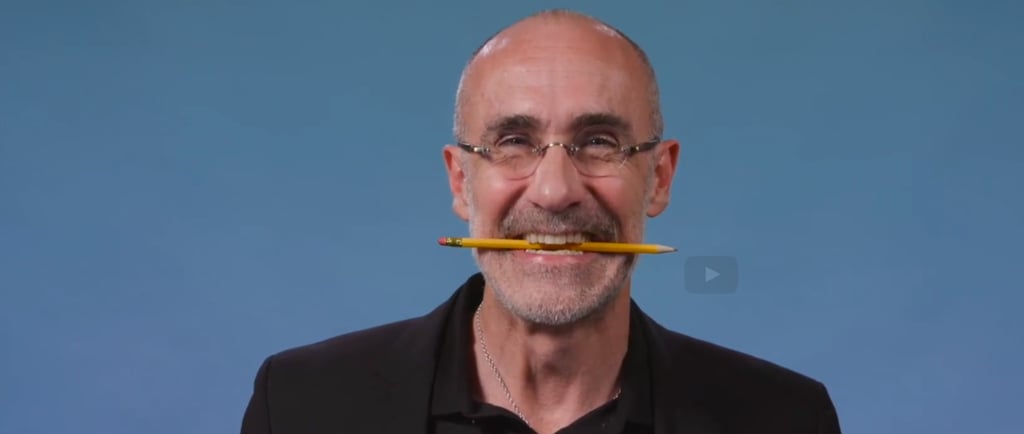Happiness Psychology - Part 1: Want to Be Happy? Hold a Pencil in Your Mouth
The opening article in the series on Applied Psychology
Trung Quân
9/23/20242 min read


Hello everyone,
My name is Trung Quân (born in 1988), and I currently work as an architect. However, I have a particular interest in psychology and astrology. I’ve always thought that if I ever stop being an architect, I would pursue a career as a psychologist and astrologer. For me, it’s also a way to help others and bring more meaning to my life.
Due to certain events, this journey came earlier than I expected, and I have begun studying and earning certifications in psychology from courses at the University of Cambridge and Harvard University.
Initially, my goal was simply to understand and explain people and the events happening in my life. But during my studies, I felt a desire to share this knowledge with you so that we can all have a more optimistic outlook on life and happiness.
Please be patient and read until the end.
Happiness Psychology - Part 1:
Want to Be Happy? Hold a Pencil in Your Mouth
Have you ever immediately noticed someone who seems to have a fulfilled, happy, and joyful life from the very first moment you meet them? Or someone who has been enduring anxiety or suffering for a long time?
You may have recognized it through their facial features—the combination of two muscles: the Orbicularis oculi (muscle behind the eyes near the temples) and the zygomatic major muscle (cheek muscles), which together create a Duchenne smile—a universal sign of happiness.
The connection between a Duchenne smile and happiness is so strong that we can even reverse this interaction: by "forcing" a smile for 90 seconds, you will feel happier.
Try holding a pencil between your teeth with the corners of your mouth slightly raised for 45–90 seconds. These two muscle groups will send signals to your brain that something is making you happy. Your heart rate will slow down, your body will relax, and you will become happier.
Conclusion:
Happiness is a shared human state, experienced all around the world.
Happiness can be observed physically (through the body).
You can stimulate and enhance your level of happiness.
When you need an instant mood boost, you know what to do—just 90 seconds is all it takes. I’ve tried it, and it really works.
(The knowledge in this article comes from Arthur Brooks, William Henry Bloomberg Professor of the Practice of Public Leadership at Harvard Kennedy School and Professor of Management Practice at Harvard Business School.)
